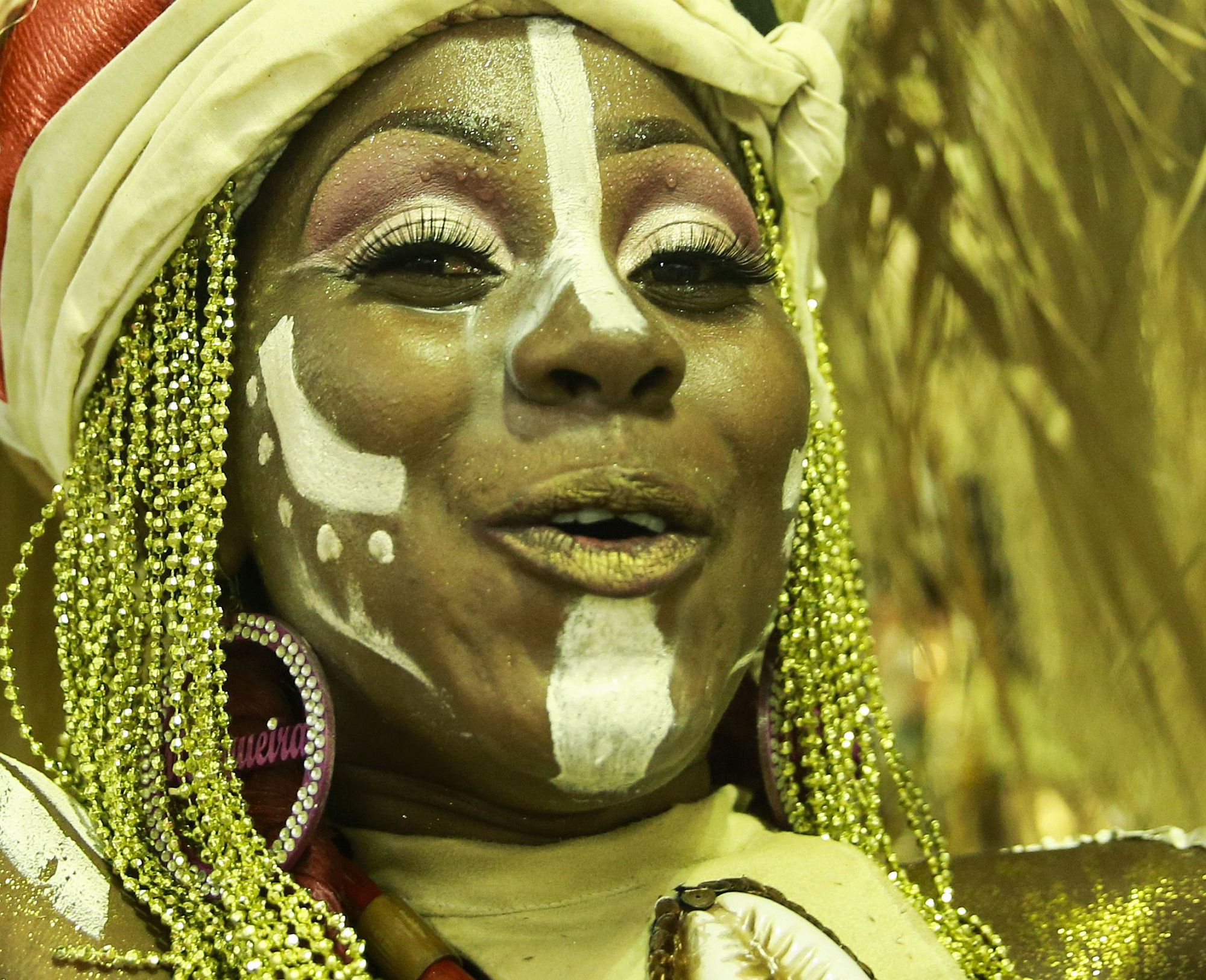by FLAVIA BELLIENI ZIMMERMANN

This year’s Brazil’s Carnaval celebrations drew to an end that jolted many back into sobriety: President Jair Bolsonaro tweeted to his 3.6 million followers a video that would reveal to the world the “real truth” about what happens at Brazil’s Carnaval. President Bolsonaro’s intent was to condemn Brazil’s Carnaval as a party of “orgy and sexual depravity.” Carnaval is Brazil’s most famous national party, with deep roots in Brazil’s African heritage.
In his infamous tweet, Brazil’s newly elected President shared a pornographic video, where two scantily dressed men danced sensually on top of a bus shelter, culminating in one urinating on the head of the second. President Bolsonaro shared it with his follower’s without any explicit content warming, potentially exposing children and adults with sensitive views to this video.
According to sources, the video was taken on the third day of Carnaval at a São Paulo street party, which had the theme “celebrating diversity.” Interestingly, what was “revealed” by President Bolsonaro is a situation which has never been witnessed by most Brazilians, and does not reflect what Carnaval really is or what Carnaval represents for Brazil’s popular culture.
Notwithstanding, President Bolsonaro tweeted the following day: “What is a golden shower.” Public outrage ensued, with many Brazilians protesting against Bolsonaro take on Brazil’s most democratic party with the hashtags #bolsonarogoldenshower #bolsonaroIMPEACHMENT #BolsonaroTeEnganouBabaca (#BolsonaroLiedToYouFool) #BolsonaroGoldenShower #Bolsomijo (#Bolsopee).
Some even argued that the President has breached the Brazilian Constitution and should be impeached. Surprisingly, Bolsonaro supporters jumped in his defense with the hashtag #BolsonaroTemRazao (#BolsonaroIsRight), most of them conservative Pentecostals – a significant base of his political support. But what are the main causes for Bolsonaro to lash out against Carnaval, Brazil’s most pluralistic and democratic popular party?
Carnaval, Diversity, and Freedom of Expression
Brazil’s Carnaval is a nationwide street party and a time of the year where people from all walks of life, socioeconomic backgrounds and different races hit the streets and celebrate together. Moreover, Carnaval is the ultimate expression of Brazil’s creativity, diversity, and irreverence. Carnaval is also the time when economically vulnerable communities in Rio de Janeiro organize beautiful Carnaval parades at Marques de Sapucaí, expressing their social reality through glamour, art, dance, and samba.
During this year’s Carnaval there were widespread anti-Bolsonaro manifestations throughout the country. In Bahia, for instance, where the majority of the population is of African descent or mixed color, Carnaval celebrations were marked by political indignation and protests against Bolsonaro’s views on race, gender, indigenous people and the LGBT community. (1)
This culminated in Bahia’s Carnaval trio-elétricos and Salvador street parties chanting “Ei Bolsonaro, vai tomar no c..!” (Hey Bolsonaro, go and get screwed), with videos going viral under the hashtag #BolsonaroVaiTomarNoCu (#BolsonaroGoAndGetSchrewd). (2)
In São Paulo, anti-Bolsonaro chants, protests, and masks started already on pre-Carnaval parties. Approximately one million people paraded with São Paulo’s progressive bloco Acadêmicos do Baixo Augusta. This year’s parade theme was a tribute to musician Caetano Veloso’s song ‘É proibido proibir’ (It is forbidden to forbid).
Many protested Brazil’s current national politics with placards saying Damares Alves, Homophobia and Bolsonaro. There are reports that people chanted throughout the night “Ei Bolsonaro, vai tomar no c..!” (Hey Bolsonaro, go and get screwed), with the support of the bloco’s performing drums and music with other parading celebrities chanting ‘ele não’ (not him) and ‘ele nunca’ (never him).(3)
In Belo Horizonte, during Carnaval’s traditional Saturday opening celebrations the ‘Então Brilha’ (‘Then Shine’) parade had a wave of people chanting “Ei Bolsonaro…vai tomar no c..!” (Hey Bolsonaro, go and get screwed). Arguably, another reason for popular discontentment with the Bolsonaro administration are changes in national age retirement, which will soon be introduced, increasing Brazil’s retirement age to a minimum of 65 years.
This protest is also a response to military policy attempts to suppress anti-Bolsonaro manifestations during pre-Carnaval street parties in the state of Minas Gerais. It was reported that the Tchanzinho Zona Norte bloco was threatened by Brazil’s military policy after an anti-Bolsonaro chant.(4)
Brazzil for more
